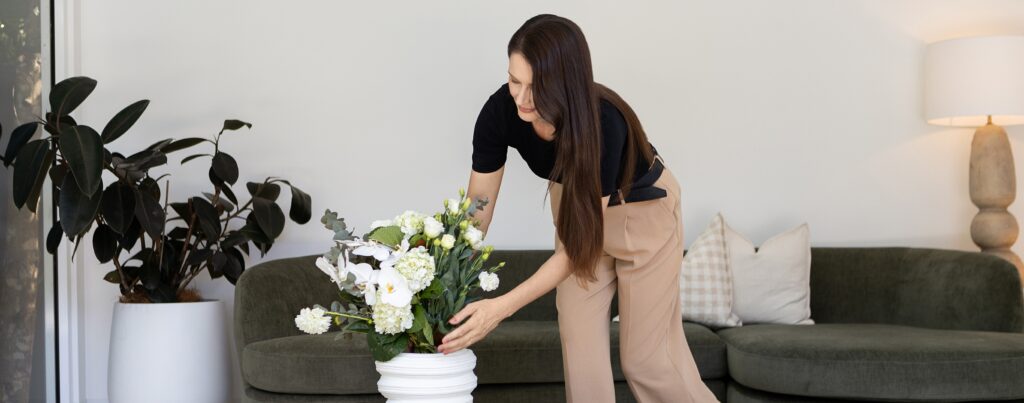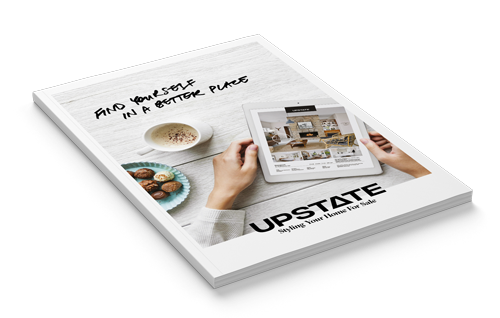Set up new property alert
Rental Properties Northern Beaches
Meet your best property manager
Property & real estate news
the most favourable sale price (we also know the best local surf breaks, if you’re interested).
Upstate Investors Night 2025: An Evening of Insight, Connection and Growth
22 October 2025
First Time in the Market? Here’s How to Navigate the Spring Real Estate Rush
16 September 2025
FAQ’s
We’ve pulled together some basics to help you get started securing your Northern Beaches rental property with us.
We never leave you in the dark, don’t worry. You’ll be provided with simple instructions on how to pay your rent when you sign your lease agreement. Easy!
But, just in case, these rental payment instructions are also on the front page of your lease document.
At Upstate, we use BPAY and DEFT as a method for all tenants to pay their rent, because it’s safe and simple to use. You will be given a unique reference number which is assigned to your tenancy, and you can pay it through this. We advise that tenants transfer their rent 2 business days earlier to ensure it arrives in our account on time.
Unfortunately, cash is not accepted.
Your rental bond is an amount of money you pay upfront that provides some security to your landlord. If, at the end of your tenancy, there is any outstanding rent owing or damage to the property and you’re unable to cover the cost, then it will be taken out of this bond amount.
Upstate does not hold this rental bond money. It goes to The Rental Bond Board NSW – the independent custodian of rental bonds paid by tenants to landlords for residential tenancies.
Your rental bond is refunded after you have vacated the property, all outstanding rent is paid, you have returned the keys, removed all rubbish and the final inspection is completed successfully. Easy! Fortunately, most tenants get their bonds back because they follow all the rules.
If you want to ensure you ‘tick all the boxes’ to get your rental bond back, we recommend the use of professional cleaners to ensure that there are no issues with cleaning which can delay your rental bond return.
Just don’t forget to return all keys to the Upstate office and ensure there is no rubbish left at the front or sides of the property. Once the final inspection is all cleared and you’re given the all-clear, our team will apply for your bond to be returned by The Rental Bond Board NSW.
The rental holding deposit is usually 1 week’s rent, and this is paid when you have been approved for the property in order to secure your tenancy. It’s basically a guarantee that the property is yours to lease so no one else can take it.
This rental holding deposit is then applied to the first week’s rent – so it acts as an advance. This is different from your rental Bond.
A month-to-month rental lease (also called a periodical agreement or continuing agreement) is when you continue to stay at your leased property as a tenant and have the flexibility of vacating at any time throughout the tenancy, so long as you provide our Property Management team with 21 days’ notice.
A fixed-term lease agreement means you are locked into a lease with your property and do not have the flexibility of moving out until the lease has expired. If you want to vacate at the end of your lease, you must provide us with 14 days’ notice.
No need to worry! We are required (and obviously would) disclose if there has been a homicide or any crime or drug-related incident at the property. We will also tell you if there has been a flood or fire at the property.
However, rest assured that we always ensure that every property we lease is safe.
We definitely want you to fill your home with everything that makes it your space. That’s why we recommend bringing along a tape measure to the property when you view it – that way, you can check sizing and space. Otherwise, send us an email as we may have a floor plan available or even take you through the property again for you to measure.
After all – we don’t want you dragging your couches up the stairwell, yelling “PIVOT!”
While we want you to make your home your own, any alterations must be approved by the landlord before you can proceed. This includes requests for placing hooks (permanent or removable), painting walls and anything else that would be considered permanent or semi-permanent.
To be safe, simply send an email to your Property Manager with your request and wait for us to check with the landlord. Only proceed when you have received written permission.
The home is leased only to the tenants on the lease document. So, nobody should permanently reside in the property unless they are listed on the lease or they have approval from the landlord to stay for an extended period. This is a safety issue for you, your neighbours and the building.
Make sure you let us know if you’ll be having people stay at your property for a few months.
If you decide this person is going to remain at the property permanently, they must fill out a tenancy application. Their references will be checked, and approval will be sought from the landlord. This means they can become an approved tenant.
If you would like this person to be on the lease agreement officially (which we highly recommend if they’re staying there permanently), you will need to sign a ‘Change of Shared Tenancy’ form and submit this to us.
This will ensure the person’s name is also on the bond and they will now be equally responsible for the property as a leaseholder. But, just remember – we must notify us first, as there are often maximum occupancy levels and an additional person may not be permitted by the building or strata.
The rules are there for everyone’s safety.






